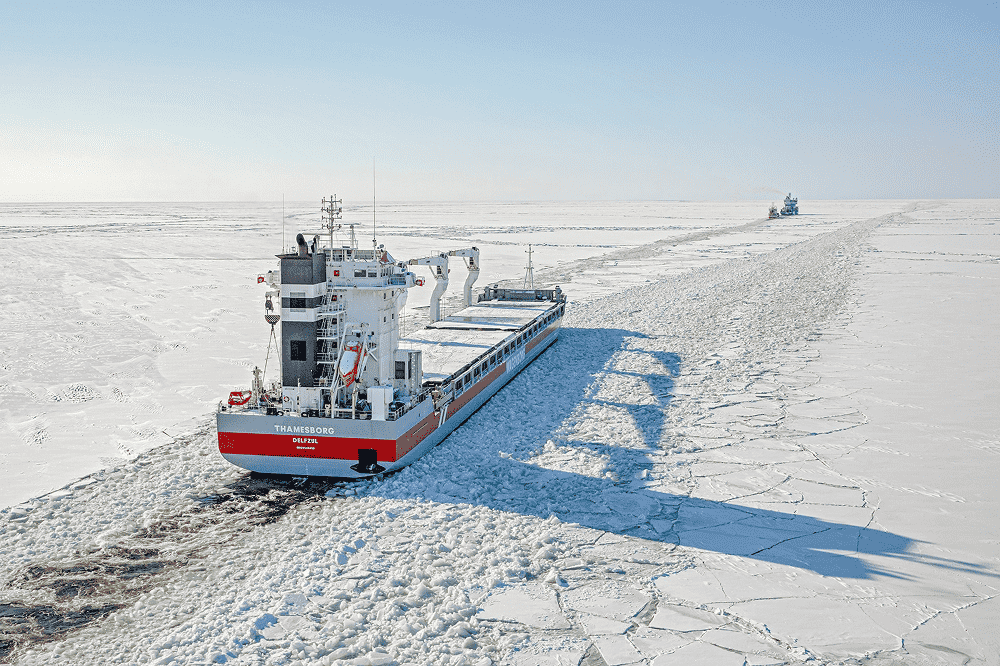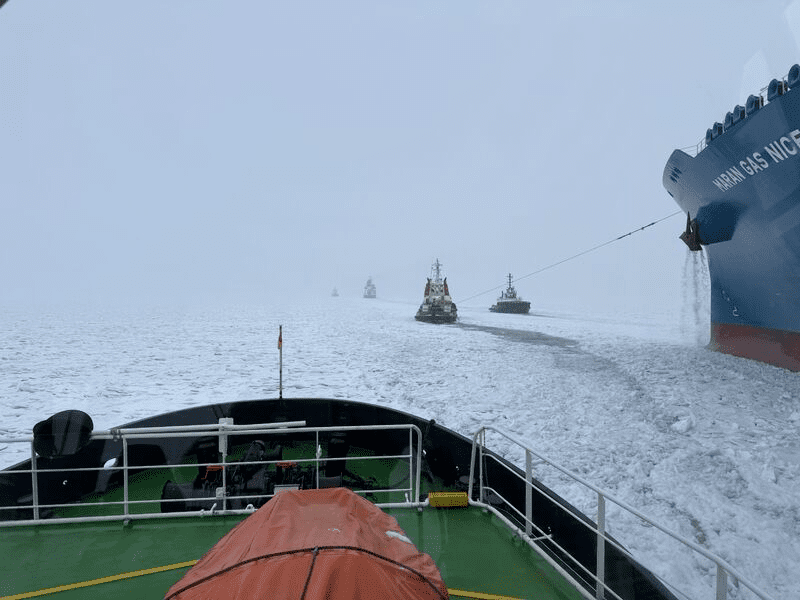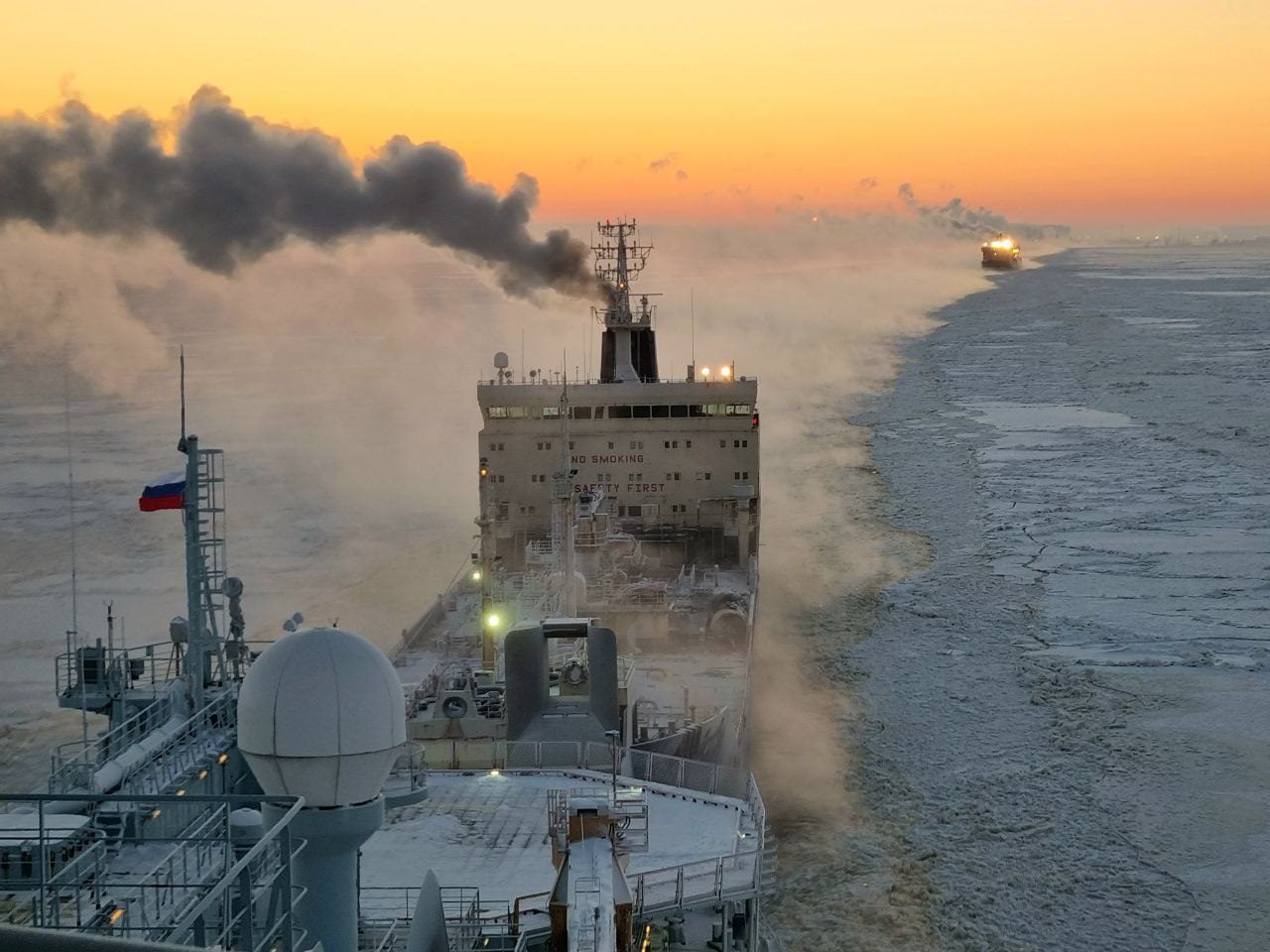The International Energy Agency’s (IEA) World Energy Outlook 2024 sheds light on critical vulnerabilities in today’s global energy system, exacerbated by regional conflicts and geopolitical tensions.
The IEA argues these pressures underscore the urgent need for stronger policies and greater investment in clean, secure technologies, as the world faces an increasingly complex energy landscape.
The latest edition of the IEA’s flagship report **emphasizes that today’s geopolitical fragmentation poses significant risks to both energy security and global efforts to reduce greenhouse gas emissions. The report points to a future defined by abundant energy supplies—spanning fossil fuels and clean technologies—coupled with persistent geopolitical hazards.
IEA Executive Director Fatih Birol notes that “in the second half of this decade, the prospect of more ample—or even surplus—supplies of oil and natural gas, depending on how geopolitical tensions evolve, would move us into a very different energy world from the one we have experienced in recent years during the global energy crisis.”
The shift toward surplus supplies could create downward pressure on energy prices, offering temporary relief for consumers who have faced severe price hikes. Yet, this breathing room in the global market presents a critical opportunity for policymakers to advance clean energy investments and phase out inefficient fossil fuel subsidies.
A New Energy Era
One of the report’s key findings is that, based on current policies, the global energy system is poised to undergo significant changes. The deployment of low-emission energy sources is set to increase dramatically, generating more than half of the world’s electricity by 2030. Meanwhile, demand for coal, oil, and gas is expected to peak by the end of the decade, driven by the rapid uptake of clean technologies.
The World Energy Outlook outlines how clean energy is entering global markets at an unprecedented rate, but it warns that this transition is uneven across regions and technologies. The rise of renewable energy, particularly solar power and battery technologies, is crucial, but to sustain this growth, investments must be scaled significantly in supporting infrastructure, especially electricity grids and storage.
Birol highlights the growing dominance of electricity in the global energy system, saying, “In energy history, we’ve witnessed the Age of Coal and the Age of Oil – and we’re now moving at speed into the Age of Electricity.”
In fact, China is playing a major role in this transformation. Over the past decade, two-thirds of the global increase in electricity demand has come from China. According to the report, China’s solar power generation alone could surpass the United States’ total electricity demand by the early 2030s.
Challenges for Maritime Energy Security
While the shift to clean energy marks a positive step forward, the maritime sector faces unique challenges. Global shipping remains heavily reliant on fossil fuels, and the shift toward cleaner energy sources is complicated by infrastructure, regulatory, and investment gaps. As geopolitical tensions ripple across key maritime regions like the Middle East and Southeast Asia, the need for a resilient, flexible energy system becomes more urgent for the global shipping industry.
The increasing frequency of extreme weather events, many exacerbated by climate change, further strains maritime energy security. Ports, shipping routes, and offshore energy facilities are becoming more vulnerable to the impacts of severe storms, floods, and heatwaves. The report underscores the need to build a more secure energy infrastructure that can withstand these growing risks, especially in critical maritime hubs.
The World Energy Outlook notes that global investment in grids and energy storage must increase rapidly to ensure that clean energy can be integrated into energy systems securely. For every dollar spent on renewable energy today, only 60 cents are invested in supporting infrastructure—a gap that must be closed to safeguard the future of energy supply chains, particularly those critical to the maritime industry.
Energy Security and Climate Risks Intertwined
The IEA’s analysis reveals that global carbon emissions are set to peak imminently under current policies, but the lack of a sharp decline afterward means that the world remains on track for a 2.4°C rise in average global temperatures by the end of the century. This would significantly overshoot the Paris Agreement’s target of limiting global warming to 1.5°C.
The risks of energy security and climate change are closely intertwined, with extreme weather events already creating serious disruptions to energy systems worldwide. Maritime regions, in particular, are at risk as heatwaves, floods, and storms intensify, posing severe challenges to port operations, shipping routes, and offshore installations.
Addressing these intertwined risks will require a new, resilient energy system built to withstand climate impacts and ensure the benefits of the clean energy transition are shared equitably. For the shipping industry, securing stable energy supplies—whether through cleaner marine fuels or more resilient infrastructure—will be key to navigating this challenging energy landscape.
Looking ahead, the maritime sector must be proactive in adapting to this shift, ensuring that it plays a central role in the clean energy transition while safeguarding the security of global trade routes.
Editorial Standards · Corrections · About gCaptain

 Join The Club
Join The Club











